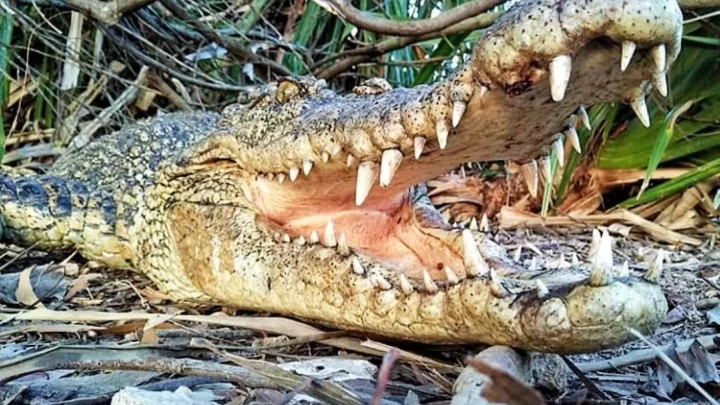Crocodiles have been around for over 200 million years, so they’re considered ancient and primitive. But beneath that tough exterior is a surprising amount of brain power. This article explores the amazing cognitive abilities of crocodiles, their problem solving, social behavior and survival instincts that make them some of the smartest reptiles in the animal kingdom.
Introduction
Crocodiles are seen as fearsome predators but they are so much more than just apex hunters. These water reptiles show behaviors that suggest high intelligence, strategic hunting, communication and even tool use. Understanding their intelligence gives us insight into their evolution and cultural significance, from ancient crocodile deities to modern demand for crocodile products like crocodile leather.
Problem Solving in Crocodiles
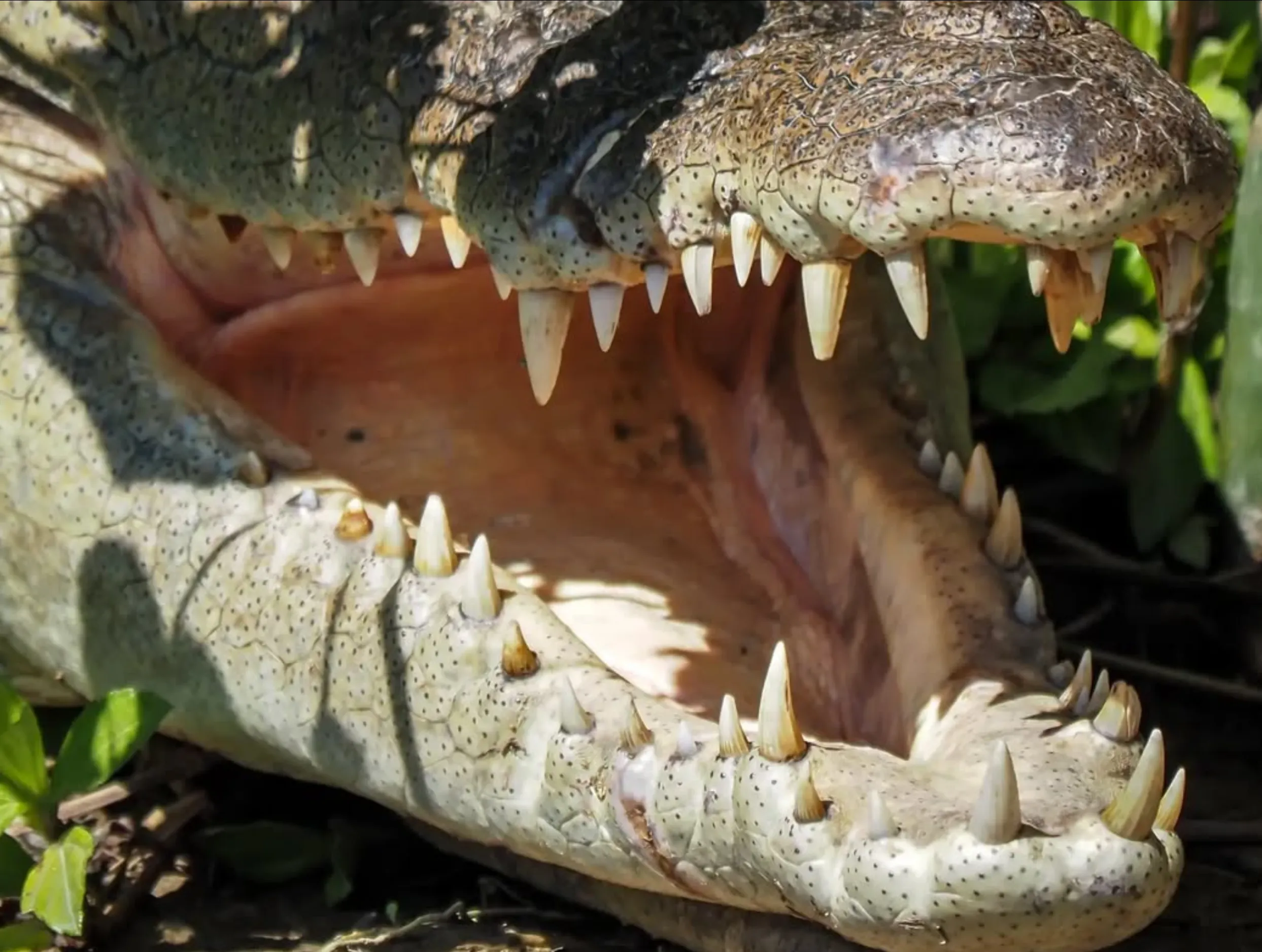
One of the most amazing aspects of crocodile intelligence is their ability to solve problems and adapt to their environment. Here are some examples:
- Tool Use for Hunting: Crocodiles (Nile and American alligators) have been seen using sticks and branches to lure birds during nesting season. Tool use shows they can plan and exploit their surroundings.
- Strategic Hunting: Saltwater crocodiles and other species hunt in groups, herding prey into small spaces, a rare sight in the reptile world.
Social Intelligence in Crocodiles
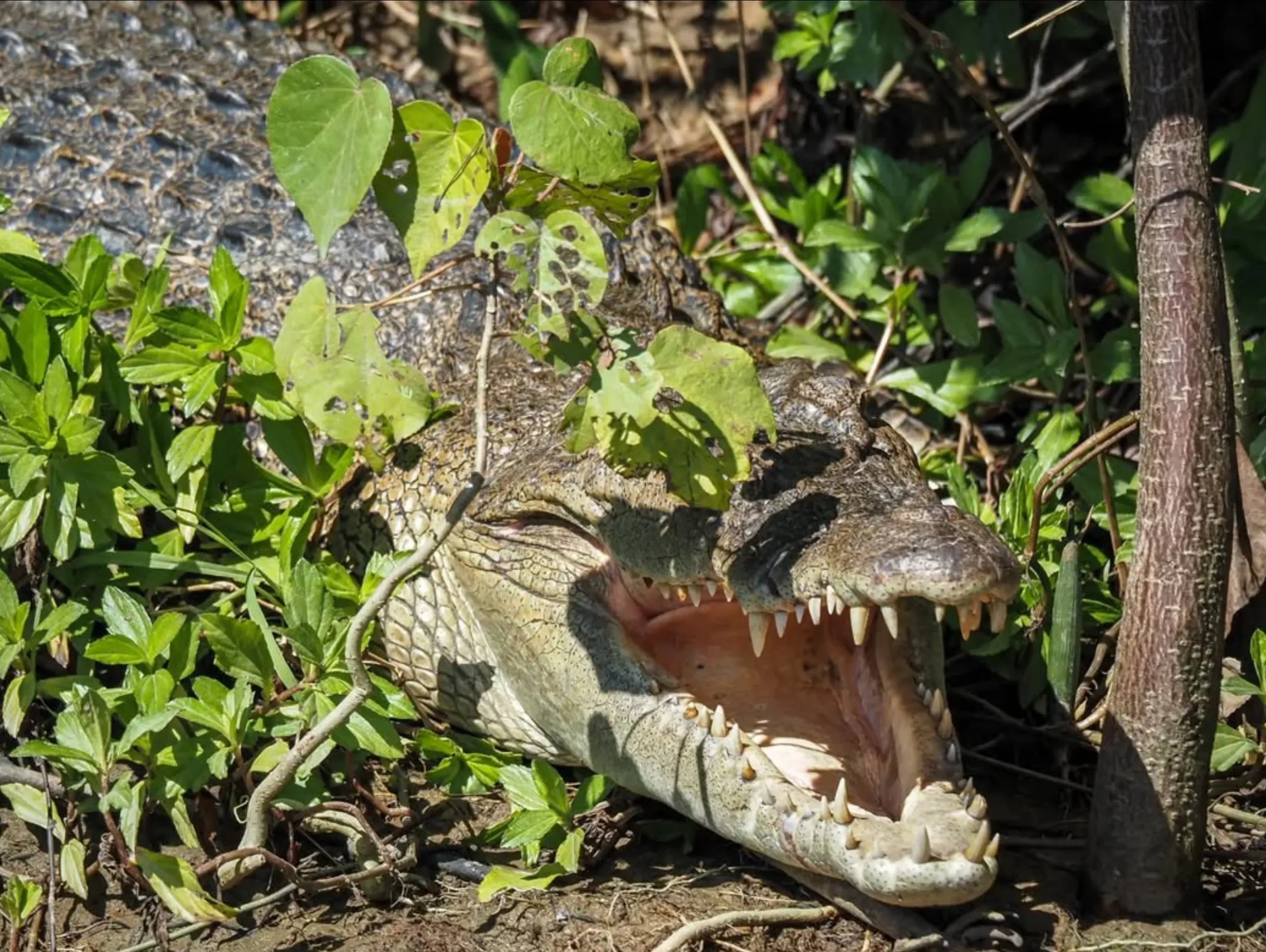
Despite being seen as solitary animals, crocodiles show surprising social intelligence:
- Parental Care: Crocodiles are one of the few reptiles that show extensive parental care. Female crocodiles protect their nests, help hatchlings into the water and guard them from predators, a deep instinct for nurturing.
- Complex Communication: Crocodiles use vocalizations, body language and chemical signals to communicate. Even before hatching, baby crocodiles make calls to sync with siblings so they start life together safely.
Memory and Learning in Crocodiles
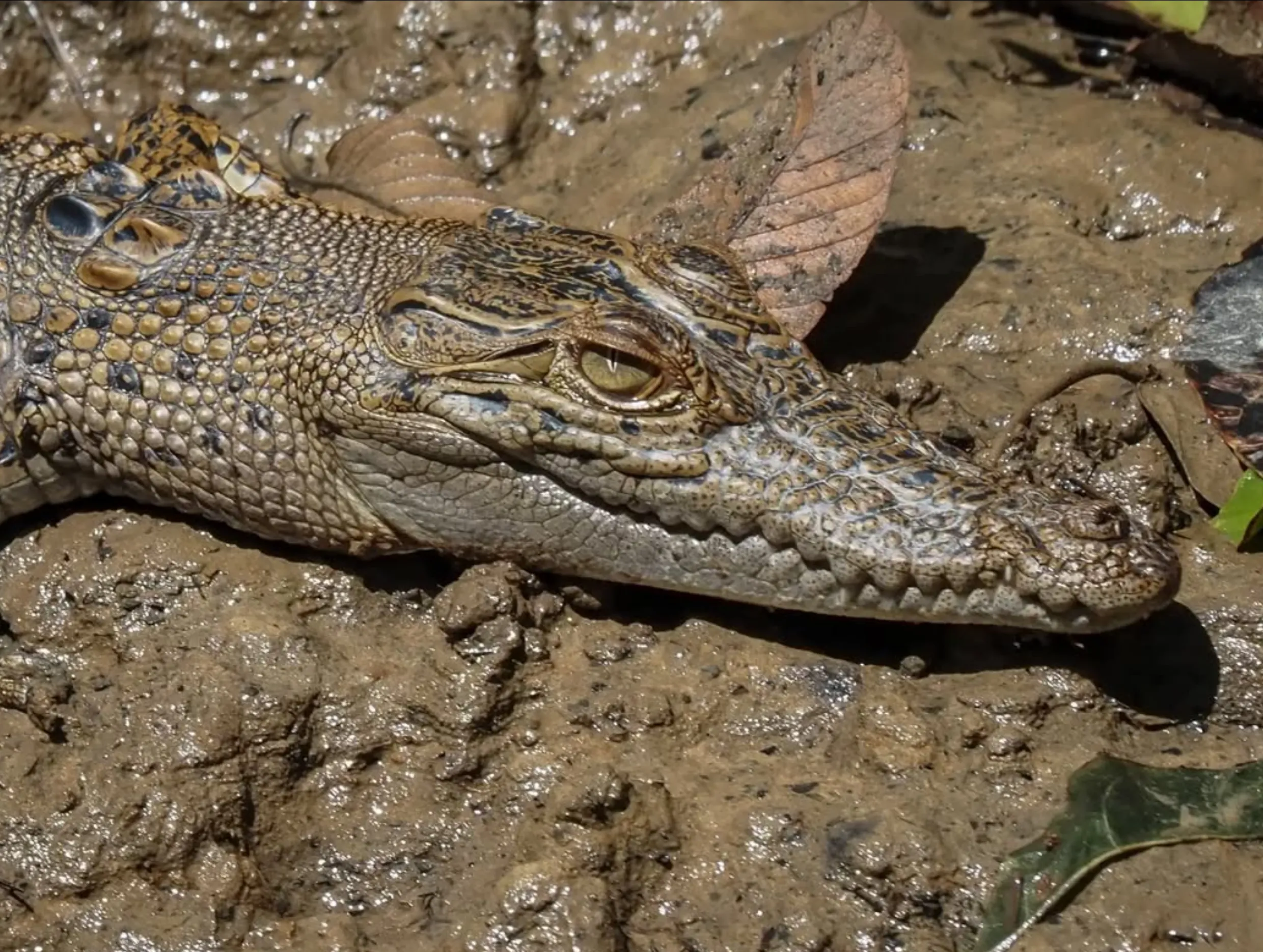
Crocodiles are great learners and have good memories:
- Pattern Recognition: Crocodiles in captivity learn feeding routines, recognize individual caretakers and adapt their behavior based on past experiences.
- Adapting in the Wild: Wild crocodiles (African dwarf crocodiles and American crocodiles) are highly adaptable, remembering successful hunting grounds and recognizing seasonal changes to feed.
Cultural and Historical Significance of Crocodiles
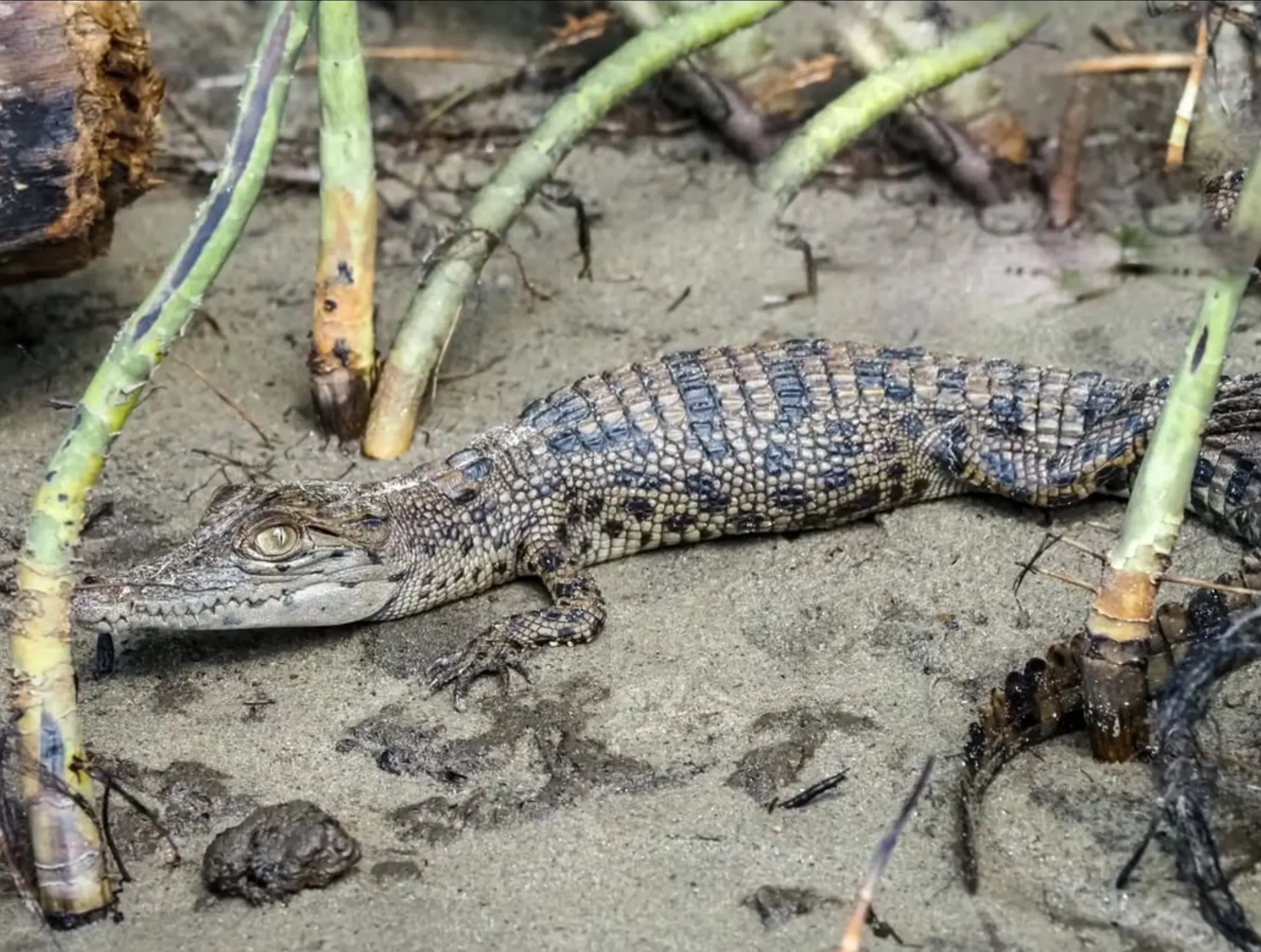
Crocodiles have been part of human culture for centuries, from myths to modern conservation.
- Crocodile Myths and Deities: Ancient cultures worshipped crocodiles, some as deities of strength and renewal, like the “giant earth crocodile” in myths.
- Crocodile Products: Crocodile leather is still in high demand, driving both sustainable farming and poaching. The IUCN Crocodile Specialist Group works to balance conservation and demand.
Survival Instincts and Evolutionary Success
Crocodiles have survived for centuries because of their brains and ability to adapt:
- Adaptation to Changing Environments: From freshwater to saltwater estuaries, the American crocodile and saltwater crocodile can thrive in any environment.
- Intelligent Reptiles in the 20th Century: Studies by assistant professors and researchers have proven they are smart reptiles.
Nearby Attractions to see Crocodiles
One of the most exciting things for crocodile lovers is to see Jumping Crocodiles in action. Along the Adelaide River in Australia’s Northern Territory, these saltwater crocodiles jump out of the water to grab food dangled from boats. This is amazing to see their agility and power as they use their big tails to propel themselves up with precision. Tours that showcase these jumping crocodiles, like in Kakadu National Park, is a safe and unforgettable way to see these aquatic reptiles in their natural habitat. A must see for anyone who wants to get up close and personal with these clever predators.
Conclusion
Crocodiles are not just predators, they are smart animals with big brains. From using tools to hunt to showing parental care, crocodiles display a range of behaviours that put them among the smartest reptiles. Experience their intelligence firsthand through Darwin crocodile tours or an exciting Jumping Crocodile Tour where you can observe these creatures up close. They have survived for millions of years and are part of human culture so they are important in the natural world.
If you want to see crocodiles in the wild, Kakadu National Park and the Mary River Wetlands in Australia are great places to visit. Whether you choose crocodile tours, a Darwin crocodile tour, or an thrilling jumping crocodile cruise, guided tours like those with Wildlife Tours are a great way for wildlife lovers to safely observe these fascinating creatures.
FAQ
Do crocodiles show parental care?
Yes, crocodiles show extensive parental care, females guard the nest, help the hatchlings and protect them from predators.
Can crocodiles use tools?
Yes, crocodiles (Nile crocodiles and American alligators) have been seen using sticks and branches as tools to lure birds during nesting season.
How do crocodiles communicate?
Crocodiles communicate through vocalizations, body language and chemical signals. Hatchlings even vocalize before hatching to coordinate with siblings.
What are some myths about crocodiles?
Crocodiles are featured in myths, often as deities or symbols of strength and renewal. Stories like the “giant earth crocodile” are part of many cultures.
What organizations study crocodiles?
Groups like the IUCN Crocodile Specialist Group research and promote conservation of crocodiles worldwide, addressing threats and sustainable practices.
